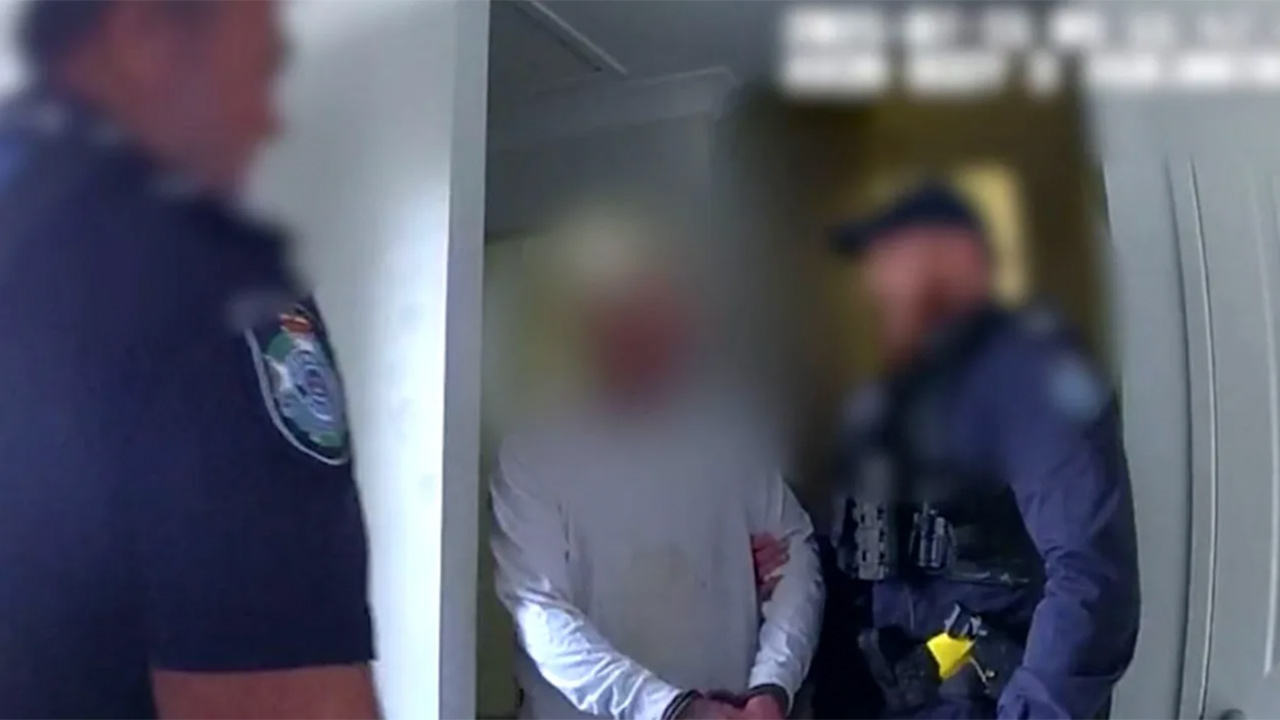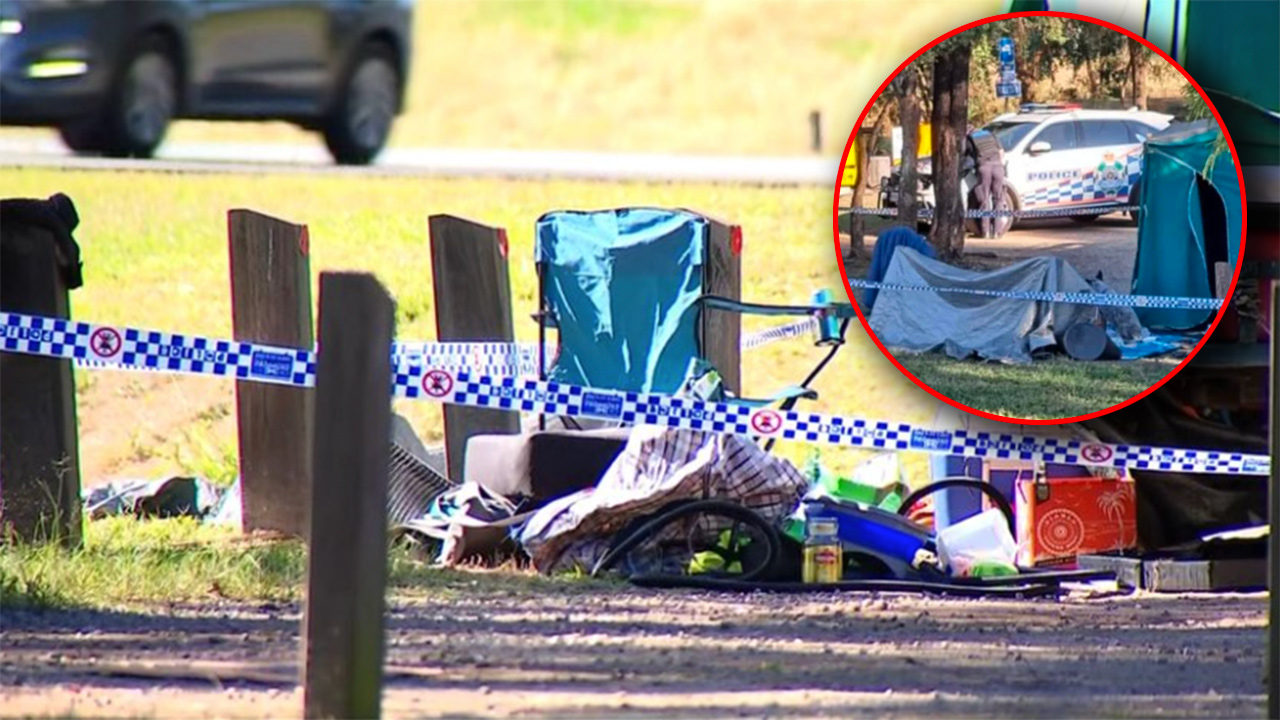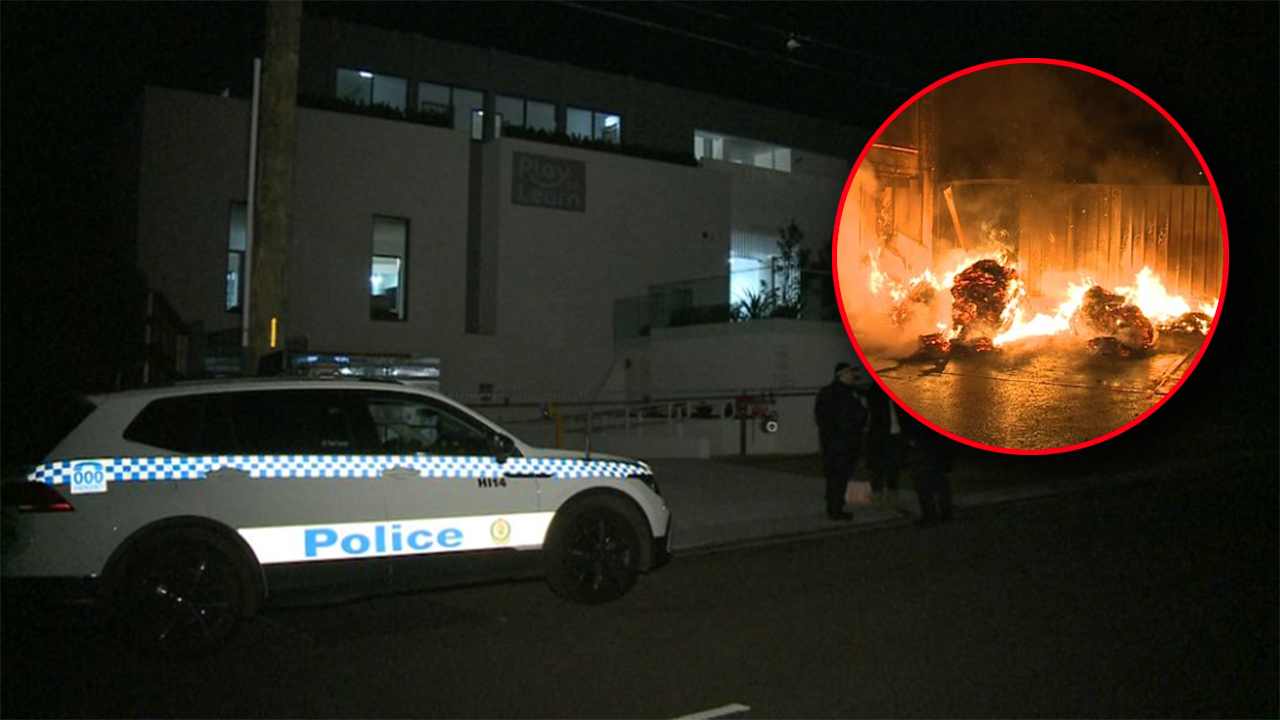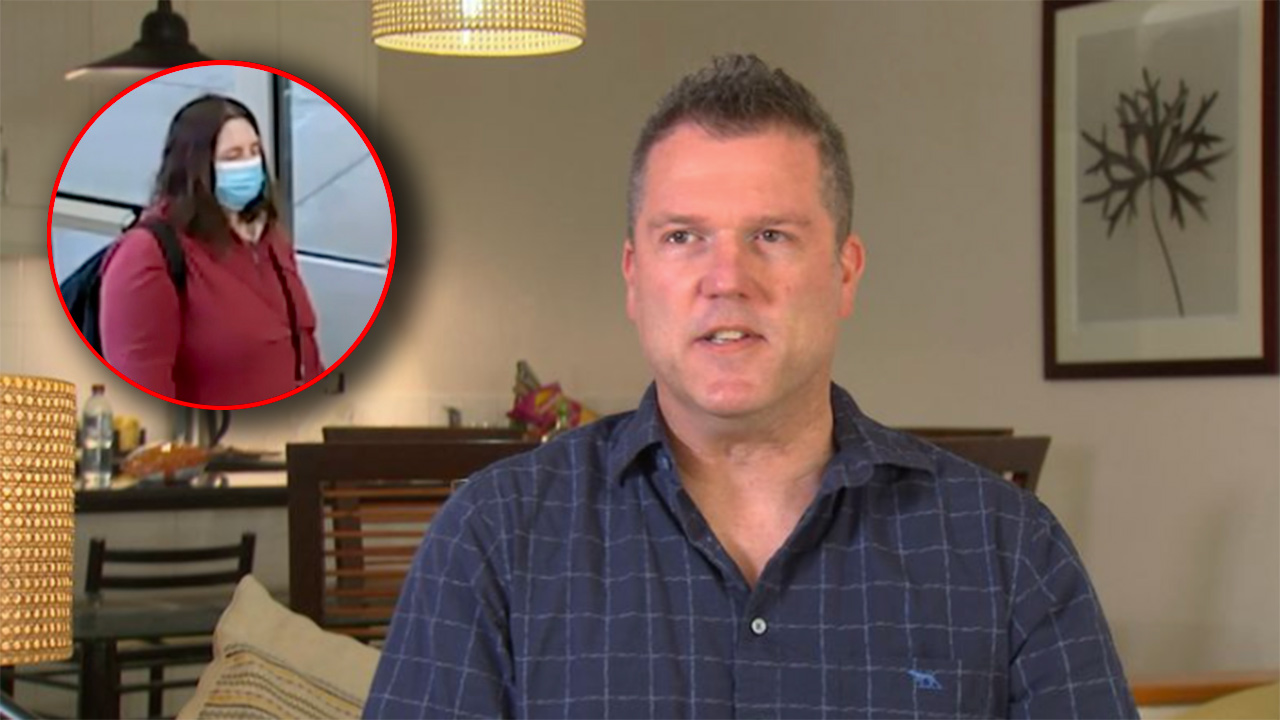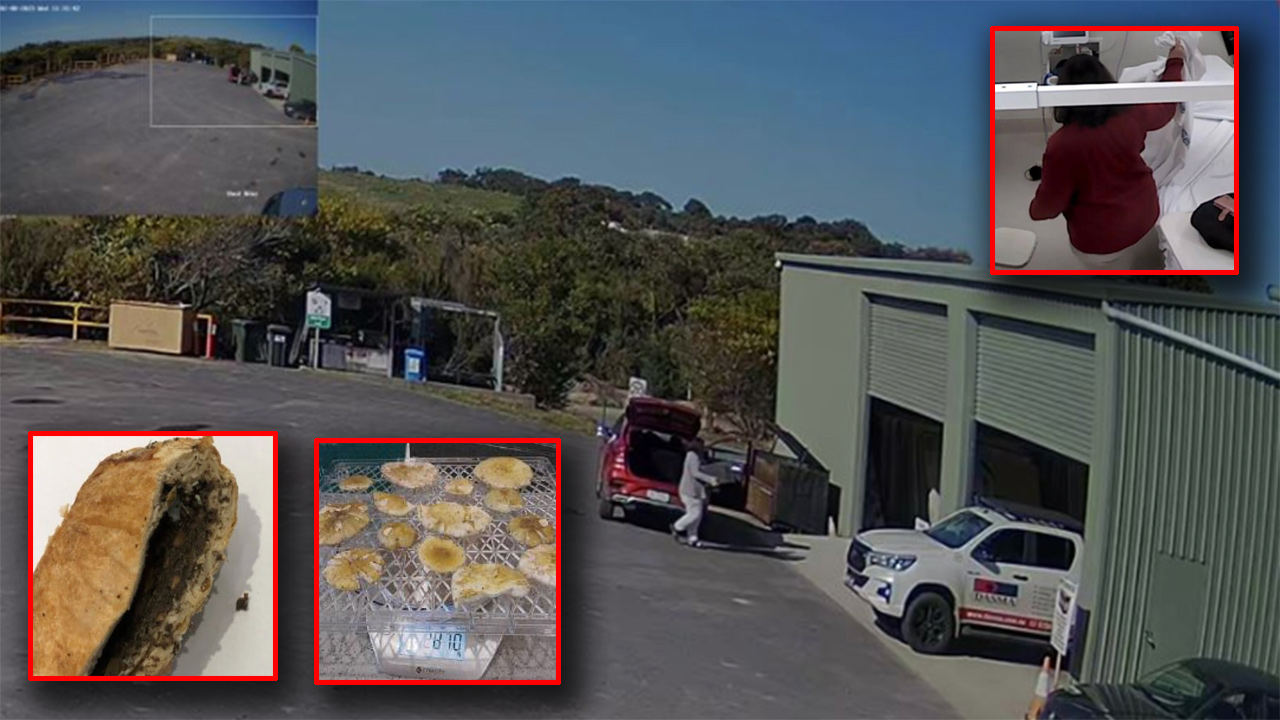After spending her first night in prison as a convicted triple murderer, Victorian woman Erin Patterson is now likely to spend the rest of her life behind bars.
The 50-year-old mother of two was found guilty on Monday of three counts of murder and one count of attempted murder, following the now-infamous mushroom lunch that shocked Australia and made international headlines.
In July 2023, Patterson hosted a family lunch at her Leongatha home, serving beef Wellington parcels later found to be laced with deadly death cap mushrooms. Days later, her former in-laws Don and Gail Patterson, both 70, and their sister-in-law Heather Wilkinson, 66, died in hospital. Heather’s husband, Ian Wilkinson, survived but spent weeks critically ill in intensive care.
As Patterson was transported from the Morwell court precinct to a Melbourne prison on Monday evening, someone in the crowd shouted “murderer” – a public outburst reflecting the emotional weight of a case that has gripped the country.
The verdict came after an 11-week trial and a full week of jury deliberations. It was based largely on circumstantial evidence, including Patterson’s own testimony over eight days, forensic findings, and suspicious online activity uncovered by investigators.
Dr Brianna Chesser, a forensic psychologist and criminal law expert from RMIT University, said the conviction was not surprising.
“Whenever you have any lies in a trial it is quite a difficult thing to overcome from a defence perspective,” she said. “What came out regarding the mushrooms was almost insurmountable.”
Among the most damning evidence was a police search of Patterson’s home, which uncovered beef Wellington scraps in a bin later confirmed to contain toxic death cap mushrooms. Prosecutors also pointed to online searches on a phone linked to Patterson, allegedly showing she had researched the lethal fungi. That device, described as her primary phone in 2023, was never recovered.
The Supreme Court has since released several pieces of evidence presented during the trial, including toxicology photos, images of Patterson’s hospital visit, and a video showing her discharging herself from Leongatha Hospital within minutes of arrival, a visit that followed her own brief illness after the meal.
Dr Chesser noted the highly unusual nature of the case, not only because of the method used, but because the accused was a woman. “The story captivated the world,” she said. “The vast majority of homicides are committed by men.”
Patterson will return to court for a pre-sentence hearing later in 2025. She faces a mandatory life sentence for the three murders, though her mental health and lack of prior offences could be considered in sentencing.
“It’s going to be quite a large sentence,” Dr Chesser said. “We’ve heard during cross-examination that there are some mental health concerns. That may well act as a mitigating factor.”
As for a possible appeal, options would be limited to major legal errors or the emergence of new evidence, scenarios considered unlikely at this stage.
For now, Patterson remains behind bars, the centre of one of Australia’s most chilling and tragic domestic crime cases in recent memory.
Images: Sunrise

